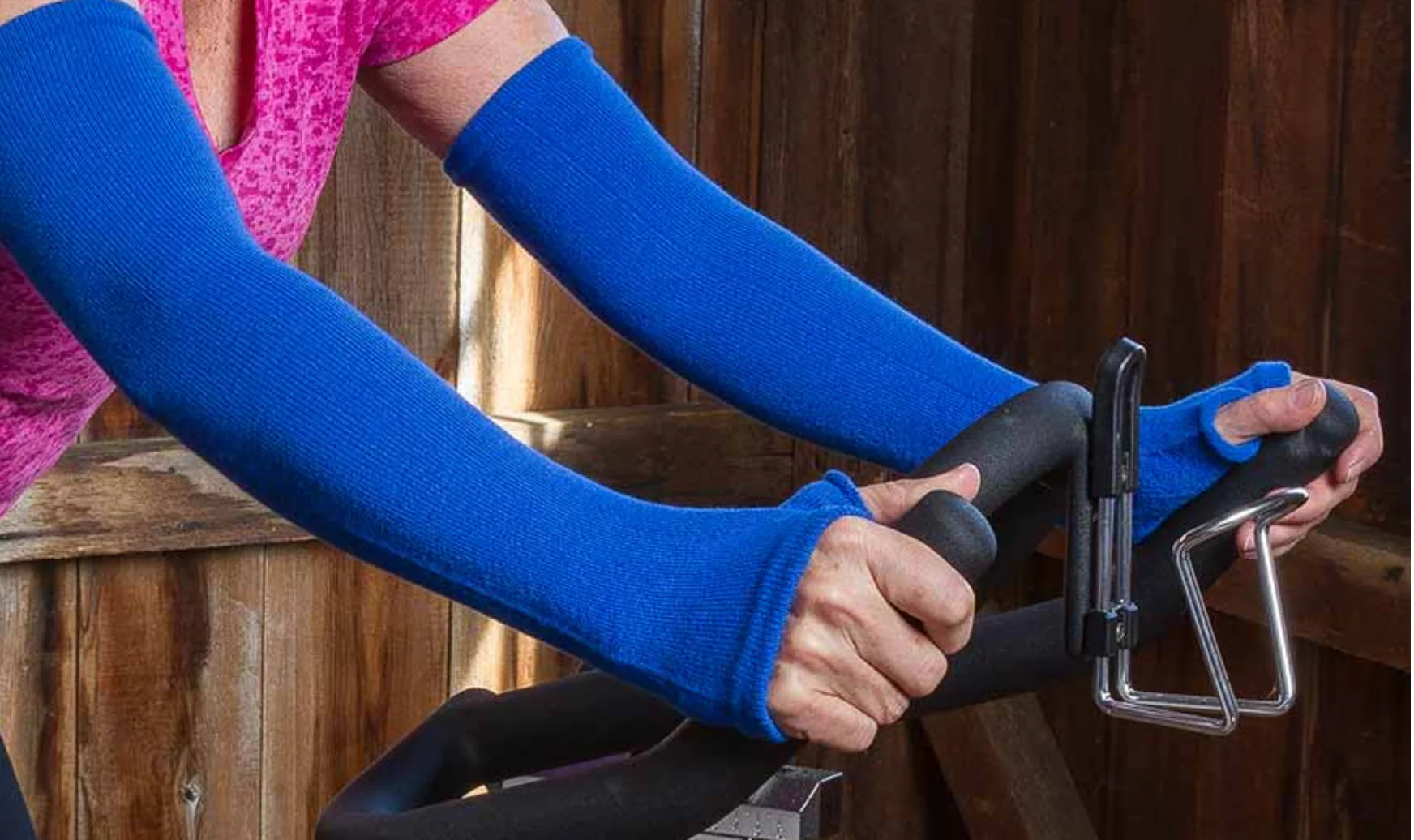
Bumps, knocks and bruises
What are bumps, knocks and bruises?
Bumps, knocks and bruises are common injuries that everyone will experience from time to time.
Though they can sometimes be very painful, bumps, knocks and bruises are usually easy to treat.
What symptoms are related to bumps, knocks and bruises?
These kinds of injuries commonly affect joints such as your elbow or knee, and bumps and knocks to these areas can result in swelling and bruising.
What causes bumps, knocks and bruises?
A bruise often appears after you have been knocked, bumped or pinched, for example when you have fallen over playing sport, or knocked your body against something.
A bruise is made when the tiny blood vessels under your skin are damaged. The blood comes out of the damaged vessels and sits in or under the skin, forming a purple or red mark.
When should I see my doctor?
Sometimes it is difficult to tell whether a bump, knock or bruise is more serious. If you are in doubt, always treat it as a possible fracture and seek medical attention.
You should see a doctor if there is:
- intense pain
- you can’t move the injured part
- it is swelling and bruising very quickly
- the injured body part doesn’t work properly
You should also see your doctor if:
- you have a family history of bleeding disorders
- you or your child seem to bruise more easily than other people
- there are bruises all over the body
- there is also bleeding, like frequent nosebleeds
How to treat bumps, knocks and bruises?
If you have a knock, bump or bruise, you can manage it by using R.I.C.E.:
- Rest the injured part.
- Ice it with a cold pack or ice wrapped in a cloth, 20 minutes on and 20 minutes off.
- Compress the area with a bandage which is firm, but not tight.
- Elevate the injured part.
Can bumps, knocks and bruises be prevented?
Everyone bruises differently. Children can be more likely to get bumps and bruises because they are often more physically active. Elderly people can have weaker blood vessels that mean they are more prone to damage and bruising.
You can prevent injuries at home by removing clutter, ensuring the house is well lit, and making sure any spills are mopped up. It’s a good idea to talk to your doctor about the medications you’re taking, and have your hearing and vision checked regularly.
Complications of bumps, knocks and bruises
If you bruise a lot, it could be because of the medication you are taking. Medicines including aspirin and anticoagulants make you more likely to bruise.
Very rarely, easy bruising can signal a more serious medical problem like a blood-clotting problem or blood disease.
If someone you know has bumps or bruises and you are suspicious that these symptoms were caused deliberately (on purpose), and were not the result of an accident, you should seek help from a healthcare professional as soon as possible. Consider talking to your doctor, community nurse, emergency department or school nurse.

